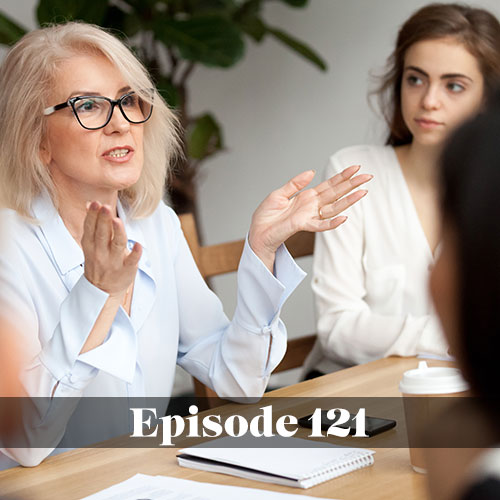In this episode, hosts Joel and Carole discuss the structural and cultural issues that have led to more school leadership turnover and the cost it has on our schools and students. The conversation comes just as school districts are wrapping up their hiring season.
Joel and Carole say superintendents now only stay in place for an average of less than three years, and there also is much turnover at the principal level. This doesn’t bode well for public education.
Administrators are dealing with more responsibility than ever, coming in well before the school day starts and attending events into the evening hours. They’re wearing a lot of hats.
“That is a concern I have, when I look at that high school principal job, I think the expectations are extraordinary, so I just don’t have an answer for that,” Carole says.
Joel talks about how his school district was blessed to have a leader in place for nine years. Joel and Carole say wealthy schools are able to pay to lure away top administrators and teachers, and that lower income and rural districts lose out. But burnout happens even in the wealthy districts. Carole says there’s a fallacy that if people love the district they will stay.
Hiring local talent is one way to combat the problem. Often the best candidates for leadership positions are from the community but spent time elsewhere—leading to fresh ideas.
“I think it’s what every district should aspire to,” Carole says. “Because if you’re growing your own leaders top to bottom as an organization, you’re effective and you’re doing your job.”
Unfortunately too often internal candidates are passed over, which can lead to more school leadership turnover.
“We think the grass is greener somewhere else, and want some newer, fresher ideas,” Carole says. “And I think that’s a shame.”
It takes courage from the board to hire someone from within because they may have had to made unpopular decisions in the past.
“The pool for administrators is obviously getting smaller and smaller because a lot of people just don’t want the top job,” Joel says. “Why would I want to be a superintendent when I could be an assistant superintendent for curriculum, or assistant superintendent for HR, and I’m not calling all the shots and don’t have to be at every single event.”
Joel and Carole talk about what teachers, parents and community members should do when new leadership does come aboard. It’s about letting them know they have someone to count on, and putting aside your own personal agenda.
“When a new leader comes on everybody wants their ear,” Carole says. “Communicate to that person, what are your goals and what do you need to accomplish and how can I be helpful with that.”
Joel talks about alternative ways to fix the problem, like paying for the college tuition of homegrown talent.
“Turnover is as high as it’s ever been,” Joel says. “That is a trend that’s going to continue until someone gets creative.”
Closing out the episode, Carole tells listeners she’s enjoying the book Anna Karenina by Leo Tolstoy. Next on her reading list is The House of The Seven Gables by Nathaniel Hawthorne.
Got a question or topic you’d like covered in an upcoming We Love Schools podcast? Email us at info@weloveschoolspodcast.com
First time listening to We Love Schools? Learn more about our weekly podcast.
Interested in learning more about how the Allerton Hill Communications team can help your school with communications? Contact us today.






